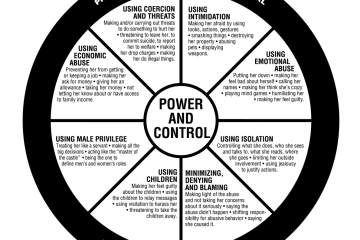Understanding Bad Thoughts: A Guide to Managing Negative Thoughts

Introduction
Bad thoughts, often referred to as negative or intrusive thoughts, are a universal experience affecting individuals regardless of age, background, or mental health status. Understanding these thoughts is crucial, as they can influence mental well-being, emotional stability, and overall quality of life. In a time where mental health awareness is on the rise, this topic has garnered increased attention, prompting discussions about the nature of these thoughts, their implications, and coping strategies.
The Nature of Bad Thoughts
Bad thoughts can range from fleeting worries about daily situations to persistent and distressing memories or fears. Common examples include doubting one’s abilities, fears of failure, or even unwelcome thoughts about harm. They can arise due to various factors, including stress, anxiety, trauma, and certain psychological conditions such as depression. Research suggests that while everyone experiences negative thoughts at times, the frequency and intensity can vary significantly from one person to another.
Recent Findings on Bad Thoughts
Recent studies have highlighted the impact of bad thoughts on mental health, suggesting that they can lead to significant anxiety and can exacerbate conditions like Generalised Anxiety Disorder (GAD) and Obsessive Compulsive Disorder (OCD). A 2023 study published in the journal ‘Psychological Science’ confirmed that individuals who experience persistent negative thoughts are at a higher risk of developing mental health disorders. Furthermore, cognitive behavioural therapy (CBT) and mindfulness-based strategies have gained prominence as effective ways to challenge and reframe these thoughts.
Strategies for Managing Bad Thoughts
Understanding how to cope with bad thoughts is essential for mental well-being. Here are some recommended strategies:
- Acknowledge the Thoughts: Recognising when bad thoughts arise is the first step. Practicing mindfulness can help in observing these thoughts without judgement.
- Cognitive Reframing: This technique involves challenging the validity of negative thoughts and replacing them with positive affirmations.
- Seek Professional Help: Consulting mental health professionals can provide tailored strategies to manage intrusive thoughts, particularly for those struggling with severe anxiety or depression.
Conclusion
In conclusion, bad thoughts are an inevitable part of the human experience, but they do not have to dictate our lives. By understanding their origins and learning effective coping mechanisms, individuals can better manage these thoughts and preserve their mental health. As society continues to prioritise mental well-being, it is vital to foster open dialogues about the stigma surrounding bad thoughts and encourage those who need support to seek it. With the right tools and support, individuals can navigate through their negative thoughts and lead fulfilling lives.









